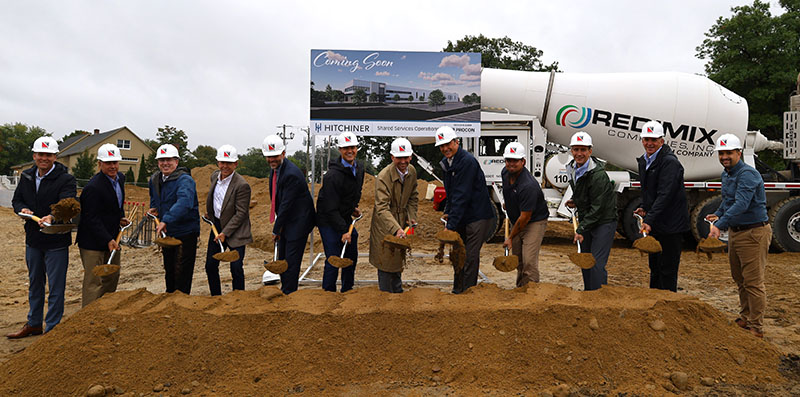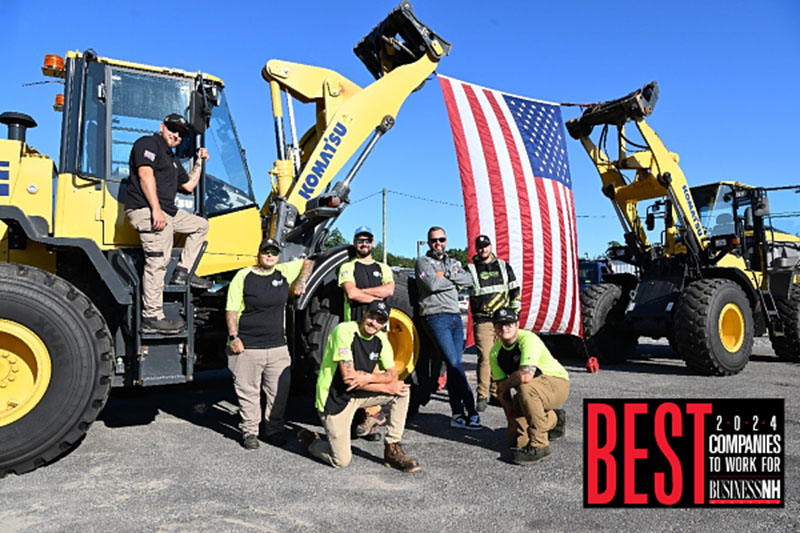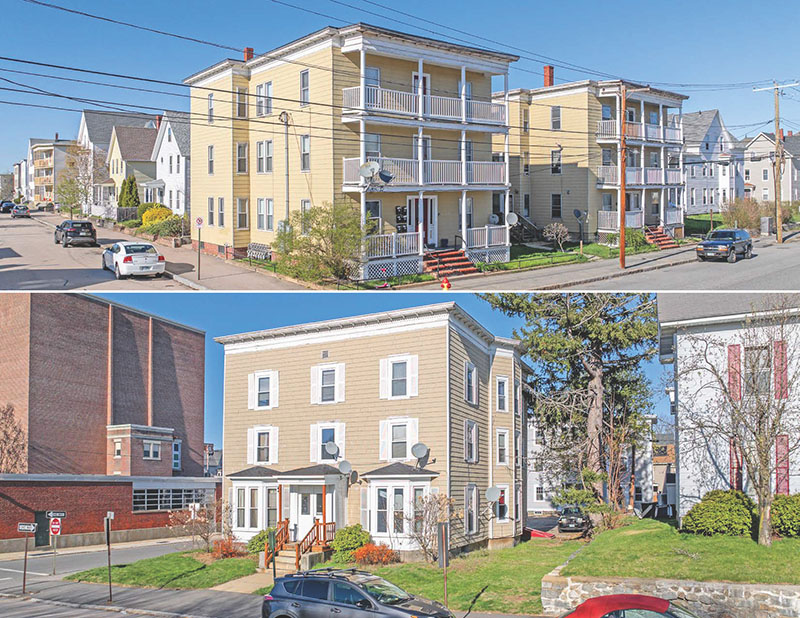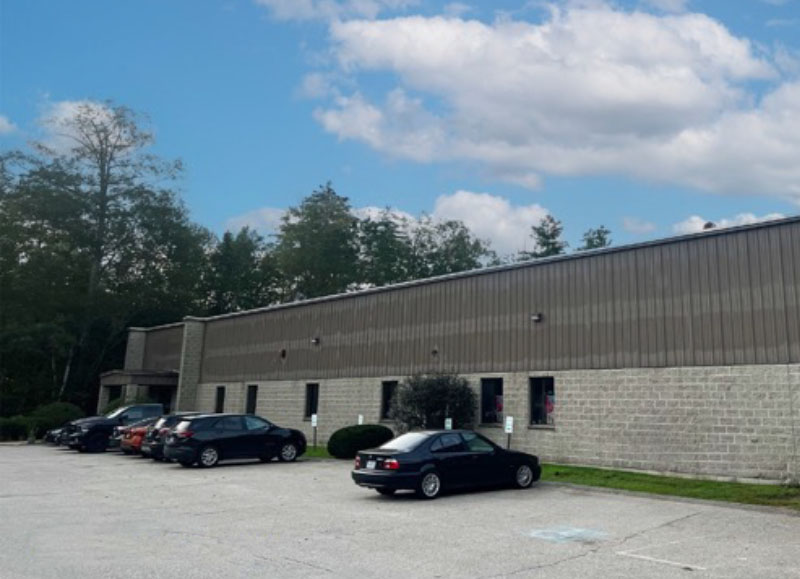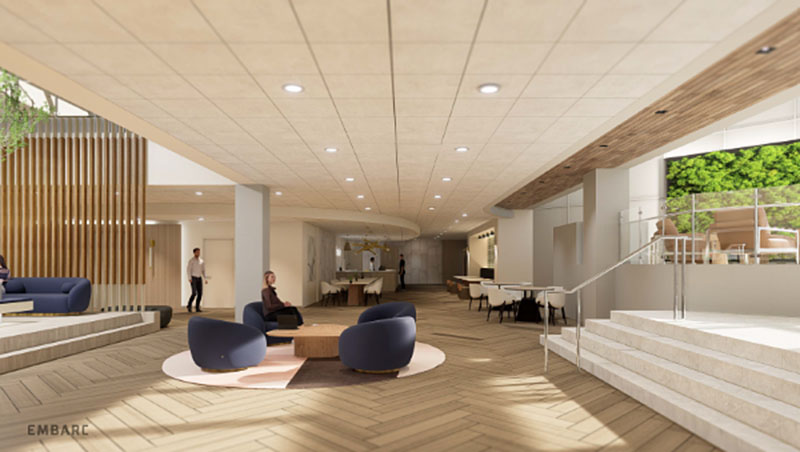News: Northern New England
Posted: September 2, 2009
Weston Solutions revitalizes contaminated property into LEED certified, energy-efficient, sustainable green building
By the end of the year, Weston Solutions Inc. is slated to move its regional headquarters to a LEED certified office building in Concord. This former contaminated property is being transformed by Weston into an energy-efficient, sustainable green building.
Weston's mission in environmental revitalization and resource efficiency evolved from the leadership of its founder, Roy Weston, a pioneer in environmental engineering and sustainable development. By revitalizing this property, Weston's employee-owners will overtly demonstrate their passionate commitment to sustainability, responsible development and their community.
Weston's interdisciplinary team of real estate and environmental professionals acquired the former industrial property and began tackling the physical and environmental challenges that had deterred previous developers. The project objectives were centered on renewal of the underutilized property in a manner that met the needs of Weston's employees and the community. The state-of-the-art offices will also benefit the city of Concord by adding jobs, tax revenues, and by showcasing green technologies in New Hampshire.
To achieve its vision, Weston chose a design-build project delivery approach and retained Pro Con Construction Inc. as its partner. Pro Con's relevant expertise and regional contracting experience were well aligned with the project budget and schedule. Pro Con welcomed Weston's objectives of creating a durable, high quality, energy-efficient, LEED-certified green building.
The new two-story, steel-framed structure will feature brick and masonry veneer consistent with the site's industrial past. Weston opted for native landscaping, and reused timbers and granite blocks removed from the former blighted building.
More than 95% of the demolition debris was recycled. Orientation of the building combined with low-impact development techniques, such as a vegetated green roof and subsurface drainage system, will optimize daylight penetration and thermal comfort, minimize water usage, and result in a site with virtually no storm water runoff. Energy efficient features such as geothermal heating and cooling system, low-e glass, a tight building envelope and high efficiency lighting will reduce energy consumption by 25% to 40%. This combination of "old and new", reuse and renewal, highlights the many benefits of an integrated, collaborative design-build process.
According to Jim Ricker, Weston's project coordinator, "the site layout, building orientation and automated systems will optimize thermal comfort. We're harvesting daylight and cascading light into the building interior. The interior space plan promotes a shared work environment, collaborative features and tenant amenities such as outdoor roof terraces."
The GreenGrid® modular vegetative roof system will retain and use rainfall, establish habitat for birds and butterflies, and enhance the aesthetic value of the building.
Weston will showcase its green building products and systems and actively participate in community outreach. The building's performance is being monitored by Weston as part of the Aspiring Leader's Program, which is sponsored by the NH Department of Environmental Services.
Despite record rainfall during the summer season, construction remains on track and Weston anxiously anticipates moving back to Concord by year end. ® vegetated roof
Tags:
Northern New England
MORE FROM Northern New England
PROCON and Hitchiner break ground on 57,000 s/f shared services operations facility
Milford, NH Hitchiner, in partnership with PROCON’s integrated design and construction team, has officially broken ground on a new 57,000 s/f shared services operations facility at its Elm St. campus. This building will house value-added services used across Hitchiner’s various business units,

Quick Hits


